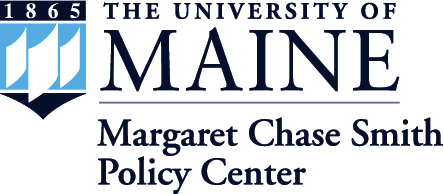Abstract
The increasingly complex and polarizing nature of ocean sustainability problems calls for stronger stakeholder participation in research and outreach. Science-industry collaborations have emerged in response, offering a potential solution to advance knowledge, navigate competing demands, and develop more effective management of shared ocean spaces. While promising, engaged participatory processes that emphasize co-development and co-learning among scientists and practitioners face significant challenges. In theory, the inclusion of stakeholders in the design and implementation of research and outreach serves to better incorporate different forms of knowledge, address diverse values, motivations, and interests, and fundamentally changes the way knowledge is produced, used, and shared in transformational sustainability science. In practice, however, participatory approaches transcend traditional research settings, demanding a transformation in the role of the research scientist. In meeting the demand for more inclusion and engagement, scientists are increasingly called upon to play multiple, and often conflicting roles ranging from scientific expert, change agent, knowledge broker, and process facilitator. This paper aims to understand the tensions, paradoxes, and dilemmas that arise in a collaborative research setting. Drawing on the National Sea Grant American Lobster Initiative’s (ALI’s) efforts to increase the industry’s resilience to the biological, economic, and social impacts of ecosystem change in the Gulf of Maine, Georges Bank, and southern New England, we explore the role(s) of scientists in research-industry collaborations and contribute to an enhanced understanding of the processes that hinder or facilitate the success of collaborative research initiatives applicable to a broad array of ocean sustainability contexts.
First page
150
Last page
154
Rights and Access Note
This Item is protected by copyright and/or related rights. You are free to use this Item in any way that is permitted by the copyright and related rights legislation that applies to your use. In addition, no permission is required from the rights-holder(s) for non-commercial uses. For other uses you need to obtain permission from the rights-holder(s).
DOI
https://doi.org/10.53558/GPLY9064
Recommended Citation
Harrington, Amalia M. , and Jessica S. Jansujwicz. "Balancing Researcher Roles: Lessons from the Sea Grant American Lobster Initiative." Maine Policy Review 32.2 (2023) : 150 -154, https://digitalcommons.library.umaine.edu/mpr/vol32/iss2/26.
Creative Commons License

This work is licensed under a Creative Commons Attribution-NonCommercial-No Derivative Works 4.0 International License.
